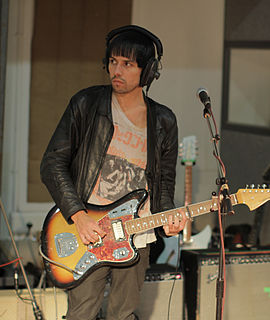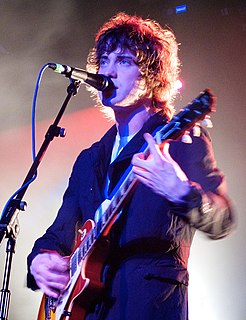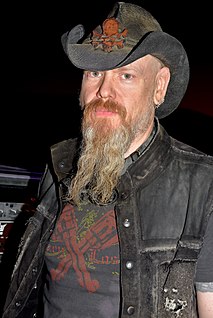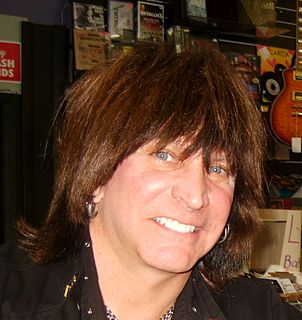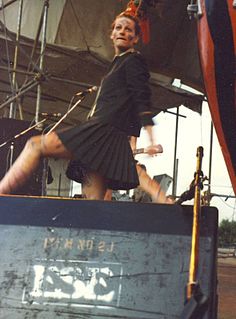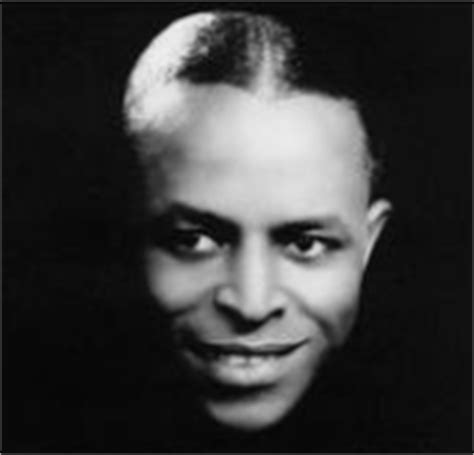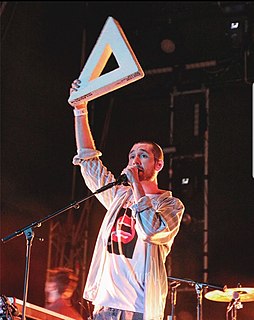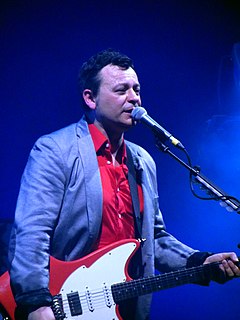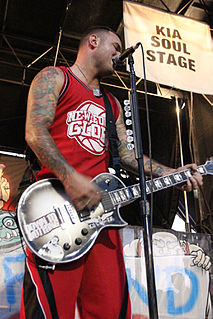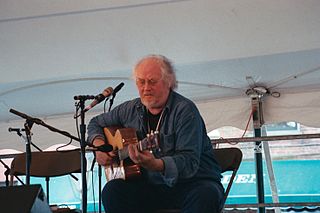A Quote by Alex Lifeson
I think that's given inspiration to other musicians. I know, particularly through the 90s, a lot of bands would cite Rush as an influence. I don't think it was so much our music, but more the way we really stuck to our guns.
Related Quotes
I think I was given a gift to wrestle. And I think when I came back, I had a much better appreciation of that. And I believe the way I went about doing it made me better at it. I didn't identify myself with the job as I did so much in the '90s. In the '90s, I didn't know who I was other than 'the wrestler.'
I think there are plenty of good bands out there, but the great bands aren't affected by what's going on around them, trends and all that and competing with other bands and wanting to be the biggest, we find that happens a lot. Bands look at other bands and think: that's what I want, you know? I think that remaining.
In general, the musicians we met that made the most sense just said to do what feels right and try not worry about what other people think. I know that sounds stupid and simple. I feel like Neil Young has done that and he's still making albums. He's one of the people I really look up to as someone who has kind of stuck to their guns their whole career. Just making music for music.
I've always loved Louisiana and particularly New Orleans, and I think a lot of people when they travel there, think they're home there - there are just so many spirits, it's so rich in culture. It's steeped in a true spirit of individuality that makes this country. It's the oldest part of our story, in a way. And being in that climate, it was really conducive to letting our imaginations soar. I found it to be the true inspiration.
I think I'm just trying to show a more mature side of the band and I think we've really come into the sound of our band. With every album we've grown, but I think this is just a really good picture of where we are right now and how we feel our music represents us. Under the thumb of other record companies we haven't had as much creative control and I think with this record we really did our own thing.
I've had a very different career than a lot of other musicians. I went through the major labels. I was signed to two major labels and bands. I've toured with Aerosmith, and I've had records on the charts, songs in the movies. If you had checklist of things a person wants to accomplish in music...I've done a lot. And I don't mean that in an egotistical way; I never take it for granted. But you can't think outside the box unless you know what's in the box.
I think I'm really part of a whole generational movement in a way. I think a lot of other people since and during this time have gotten interested in writing what we can still call experimental music. It's not commercial music. And it's really a concert music, but a concert music for our time. And wanting to find the audience, because we've discovered the audience is really there. Those became really clear with Einstein on the Beach.
I think artists can influence only through making music that challenges people, excites them and flips them out. Music that repeats what you know in ever-decreasing derivation, that's unchallenging and unstimulating, deadens our minds, our imagination and our ability to see beyond the hell we find ourselves in.
Britain, as a pop music nation, used to have this very 'empire' kind of attitude. We used to 'invade' the world with our bands, you know? That's obviously changed, because in Europe they're much more interested in bands speaking their own language. Especially in France and Germany. They're starting to develop their own bands much more.
It doesn't matter if it's jazz or not. It's about how we listen, how we interact, how we guide our attention when we're listening, and how we can refine what we're doing musically. Also how we can create our own music, and what opportunities that can bring us, as creative musicians. And then insisting that musicians put themselves through an intellectually rigorous process, which involves a lot of reading and writing, while insisting that music scholars think about ethics.
I was interested in a whole range of music that I used to play, popular music -- particularly American music -- that I heard a lot of when I was a teenager," "I think at a certain point it dawned on me that myself playing this music wasn't very convincing. It was more convincing when we played music that came from our own stock of tradition. ... I certainly feel a lot more comfortable playing so-called Celtic music.


